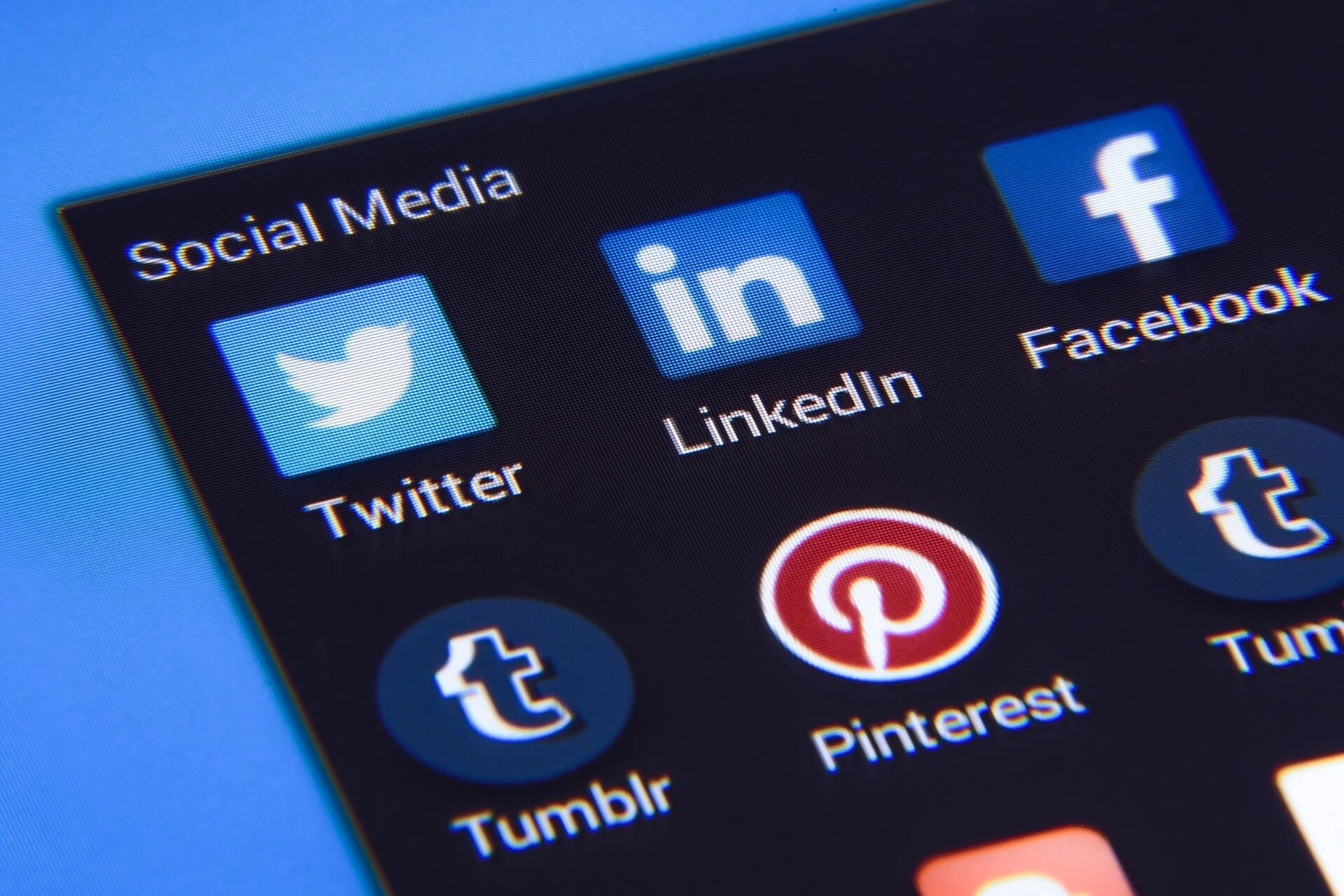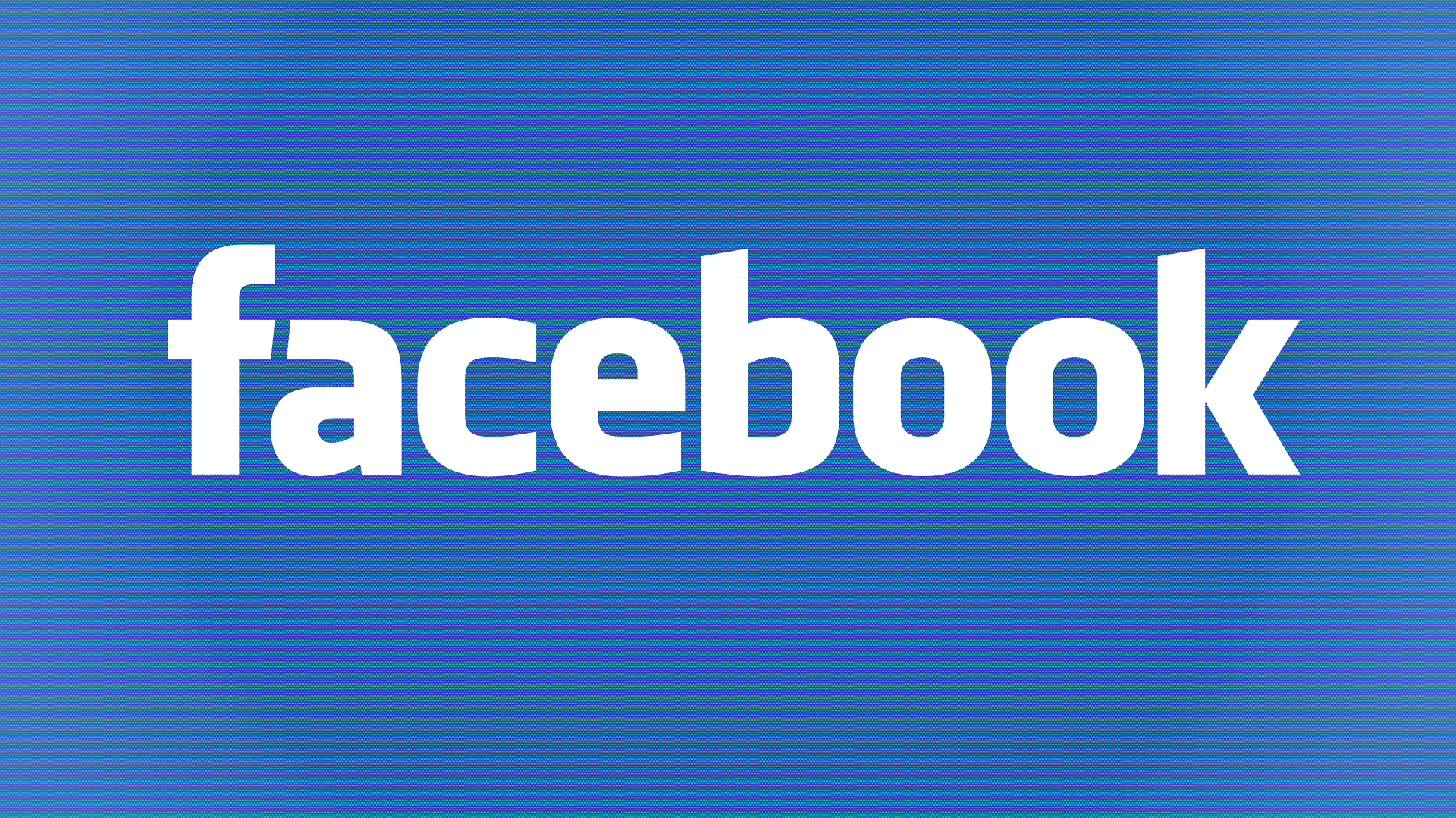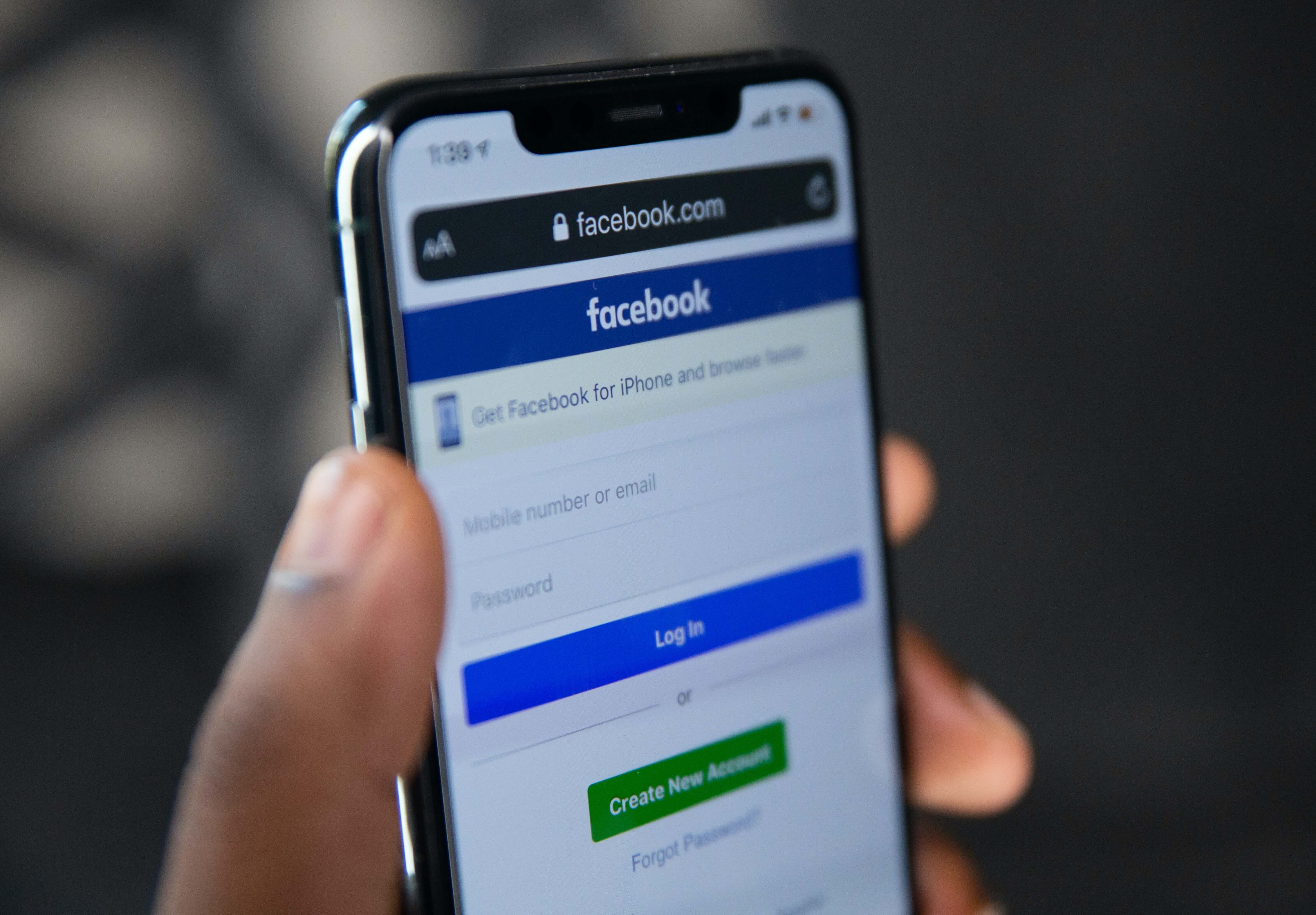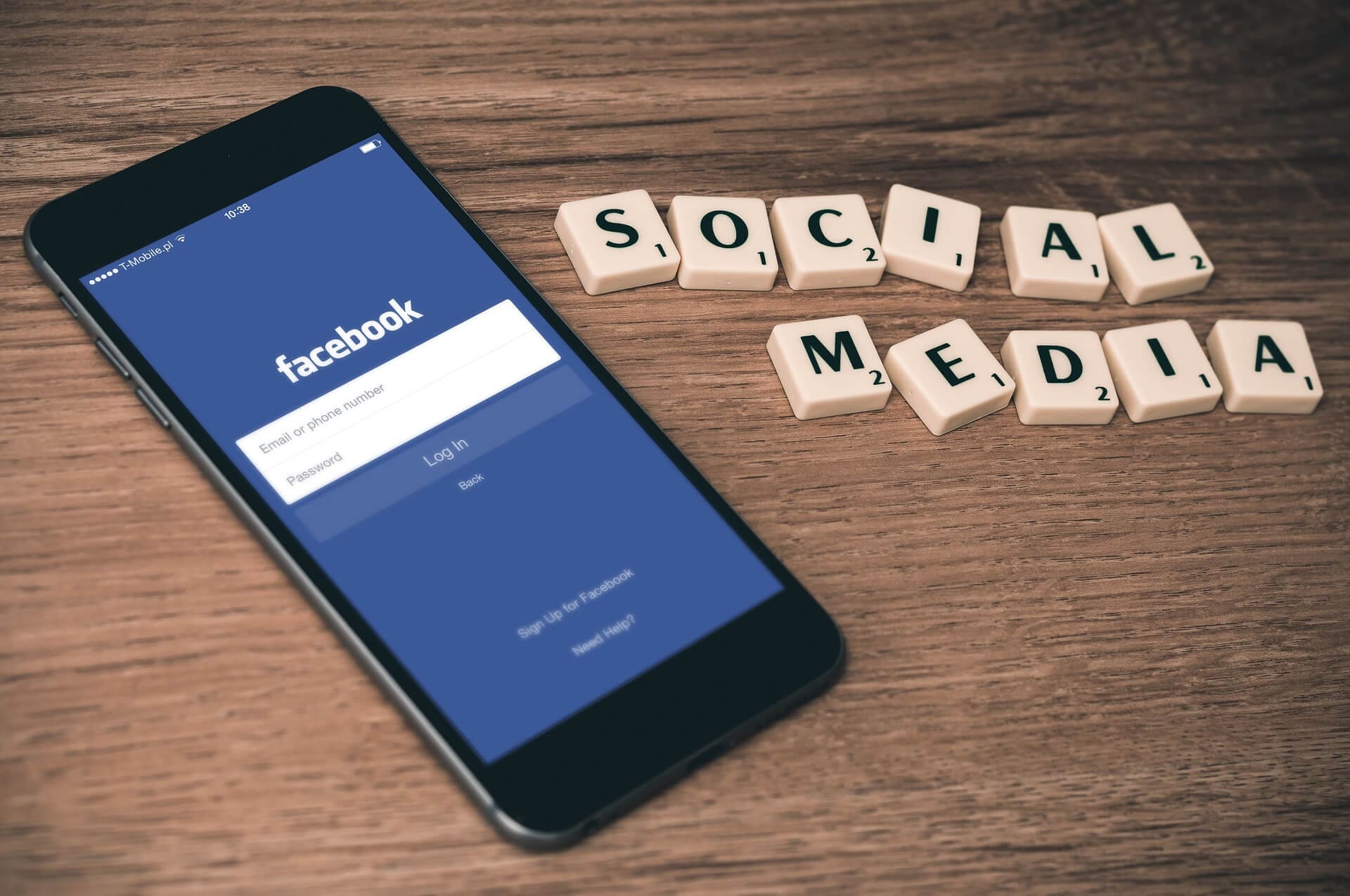There are so many ways to communicate online, and the more time passes the more ways there are.
Imagine de Firmbee de la Pixabay
Emails, instant messaging and even virtual phones are few of the resources most people use to stay in touch from literally any part of the world. But, what is the most unique way to connect and share with others at the same time? Let’s learn a little about the world’s largest social network.

What is Facebook?
It is and American company that offers online social networking services all around the world. What started out as an online design for college students in 2004, has become now one of the world’s most recognizable brands. It counts with more than 2.23 billion active users worldwide and is worth thousands of dollars. This website allows users to connect online with friends and family, work colleagues and people from every corner of the globe.

Members of this social network can share status updates including physical location, pictures, music, videos, articles, links and even chat live, like, comment and reshare other members’ posts and stories. Facebook chat and messages allow users to communicate privately with friends; unlike other things they share publicly, chats and messages will not be shared with others.
Overtaking MySpace as the most popular social network in the world, Facebook’s success can be attributed to its ability to appeal to both people and businesses, and to interact with sites around the web with a single login that works across multiple platforms.
Where and how can you access to it?
Facebook is a free user-friendly site and open to everyone. It is available in the App Store for iOS, the Google Play Store for Android and through its website facebook.com. The first step before using this site is to create an account, providing just a valid email address that will serve to verify it.
One of the benefits it brings is its ease to connect on the go. Most Facebook users access the site from their mobile device, since this modality offers the same features the desktop version does. Even though the interface for these apps is somewhat different, each of them gives access to the same basic features.
Privacy remains an ongoing problem
Even though Facebook is entertaining and a regular daily stop for many users, sharing things on this platform is quite different from other types of online communication. Unlike email or instant messaging that are relatively private, Facebook posts and such are more public. Although users can choose who they will share things with, having a public profile may come with more disadvantages than advantages. Anyone with an account will be able to find and view important information such as birth date or address, which can impact privacy in a variety of ways.

Everything posted on a public profile like photos, comments and status updates can be wrongly interpreted as embarrassing or unflattering posts that could negatively affect users’ personal and professional reputation; third-party websites and applications can access and share information from any public Facebook account.
While this can be controlled by changing some of the profile settings, even for experienced Facebook members modifying their privacy options may be a little confusing. It is very important for users to review their privacy settings periodically.
Parents’ concerns
As Facebook is available for anyone over the age of 13, everything young teens post is visible to people they don’t know. These are the main three worries parents have:
- PRIVACY – teens can sometimes forget that, unless their profiles are set to be private, anyone can view their information. They tend to public too much personal data like photos or even phone numbers.
- PREDATORS – along with other unscrupulous individuals, there have been situations where they target young people on Facebook for bad purposes.
- CYBERBULLYING – bullies can inflict maximum damage on their targets through repeated use of nasty messages and other means. There are numerous stories of hijacked profiles or serious instances of cyberbullying which have ended in the worst scenarios.
- CONTENT – there can obviously be unsuitable content for young people that could upset them. Because of Facebook’s popularity, there is a lot of older users that post strong content that often children find themselves completely exposed to.
Facebook has several policies in order to help protect minors, such as forbidden access to children under the age of 13 and extra privacy protections for users younger than 18. It is strongly recommended for parents to teach their children how to use Facebook safely and set the right privacy controls in their accounts.
Safe ways to start using Facebook
Aside of many other safe ways to use this social network, there are also alternative ways to sign up. Because Facebook is designed to be more open and social than traditional communication tools, there are still some account validation processes required in order to start using it.
Even though emails are a trustworthy way to register with, chances are that spam and other annoying content will enter the inbox. In order to avoid all this trouble, users can bypass account verification with Non VoIP numbers.

What are they?
Essentially, they are virtual numbers that are not associated with the holder’s physical address. They can be obtained with any area code and are much cheaper than regular phone lines; these numbers are more flexible and can be easily disposed. Setup is practically instantaneous and several solution providers offer this service at very affordable prices.
Where can you them?
Although bypass Facebook account verification is easy, getting the best Non VoIP service provider may not. Future Facebook users should look up for companies with great customer service and an excellent track record, which is why we recommend you VerifyWithSMS.
Operated by the Epsilon Technology LTD company, this Non VoIP verification service offers USA phone numbers of the best quality that will allow internet users to easily complete their Facebook account signup from any part of the world. These numbers are incredibly cheap and can be purchased with different payment methods from the commodity of home.
Under the best US mobile service providers such as Verizon, AT&T, Comcast and Spectrum, these virtual numbers are capable to verify all kinds of platforms like Amazon, Gmail, Instagram, Netflix, PayPal, Whatsapp, Youtube and even Facebook.

Without a doubt, this service is simple, fast and reliable. Many companies and internet users are now verifying their Facebook accounts with these real US based phones. Stay safe on your friendly neighborhood social network with VerifyWithSMS!







